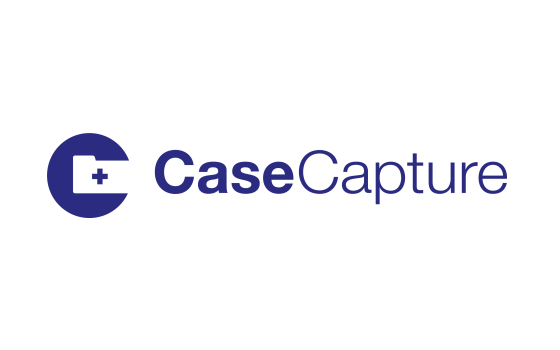 Opinion Article by Martin Dean, System Architect, CaseCapture.
Opinion Article by Martin Dean, System Architect, CaseCapture.Healthcare professionals don't want to spend their time with clinical audit software. This might appear an unusual statement for someone who builds that very technology. But for me, recognising this is one of the most important parts of meeting the needs of our clinical users, and ultimately their patients.
Every customer using our technology has unique challenges; each trying to solve them with the help of intelligence from clinical audit.
But there is one common theme we are presented with by NHS organisations, and that's the need to make the clinical audit process both easy and meaningful for the people engaging in it.
Clinicians collect the vast majority of clinical audit data - people who don't have the band width to focus on technology. They just want to complete the required task, so they can continue delivering care.
Making audit as smooth as possible for clinical users
Our starting point is to eliminate the technical hurdles users might encounter. By the nature of their roles, many clinicians do work with cutting edge technology every day. But when it comes to completing an audit, they shouldn't need to navigate technology that adds time and complexity to their working life.My mother was an NHS nurse and worked in a range of care settings. I try to keepher in mind when designing clinical audits and the IT systems that underpin them. Users like her need more time in their day to look after patients. They don't want unwieldy or technically demanding digital tools that prevent this.
We have built our systems with this in mind. And its why we keep doing everything possible in our ongoing system design to make audit even smoother, and even faster.
Listening and solving problems
There will always be some limitations in this process. For example, security. Two factor authentication, required by trusts for the security of clinical data, can mean users checking a second device or other source to gain access.But there are always many opportunities to solve problems, that can be addressed by listening to customers and the challenges they face.
Many of these problems are not complicated. And if our customers tell us about something, we do everything we can to find solutions promptly, rather than placing added burden on a hospital's IT supportdesk. This comes with the added benefit that if we solve a problem for one site, we often solve it for all our users, which can span organisations across the health service in the case of national audits.
User relevance in the audit
The design of the audit itself can be just as important. We make sure users are only prompted with questions they need to answer. Experience in the industry helps us to do that - reading and understanding the nature of the data being captured. But essentially this comes down to making sure any question displayed is required for the person answering it.Layout is important for users too. We don’t put too much information on a page. Questions are spaced out, so that we aren't presenting a dauntingly large online form. This is about trying not to overwhelm busy users, and it might sound straightforward. But this can sometimes be challenging, especially when some studies have more than a thousand questions. But by working collaboratively with our customers and listening to user feedback, we can refine how audits are presented to different people in different roles and in different clinical circumstances, for greatest effect.
Visualising data for users - more than a tick box
Real engagement in audit can be best achieved after data is captured. If clinical teams only engage in the data collection part, it can feel like that data disappears into the ether, never to be used, and there for no reasonable purpose.We have found that showing users their data, and visually demonstrating where the data is having an effect, can be a powerful way to show clinicians entering audit data is not a waste of their time.
Our customers enjoy being able to produce dashboards, charts, posters and infographics through our system, which are often printed out and displayed in communal areas. This might sound trivial, but it can demonstrate that taking part in the audit has an impact on care delivery, helping to show this is about more than ticking a box, and even highlighting where best practice should be adopted elsewhere.
And at a time of pressure in the NHS, having the ability to visualise data can be a powerful means to evidence business cases and resourcing needs. This is about much more than numbers on a page.